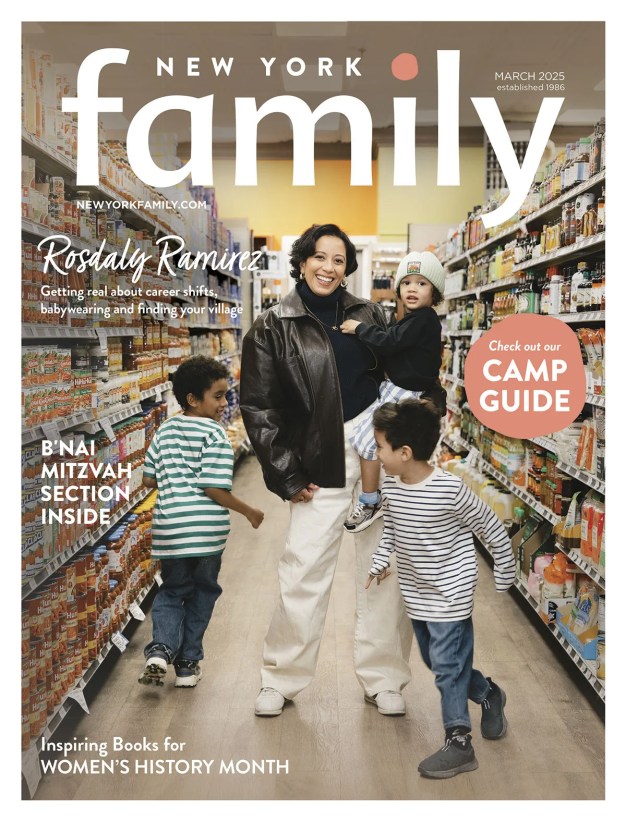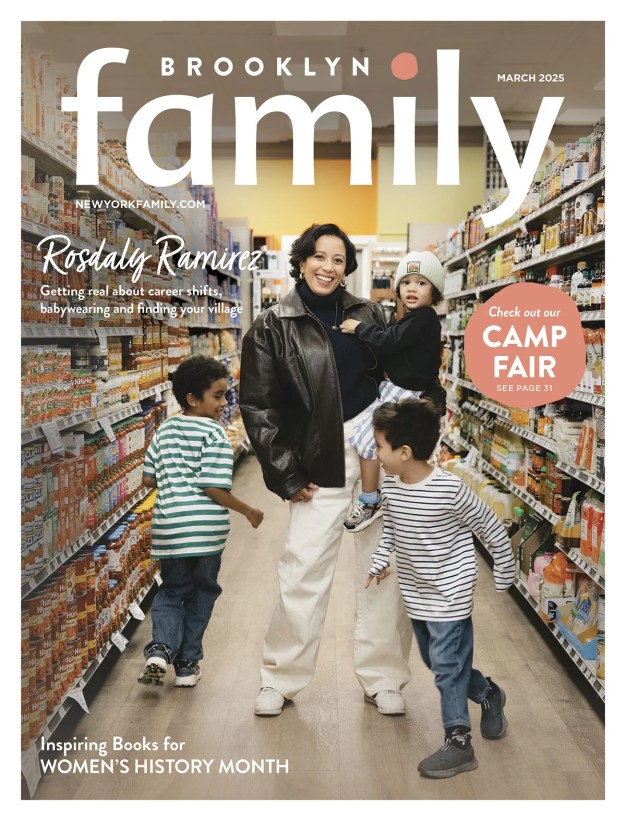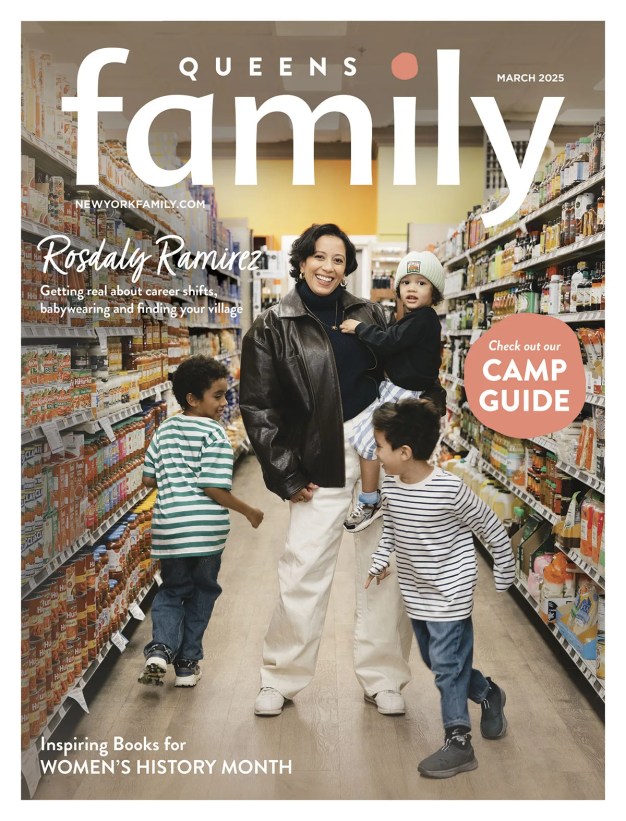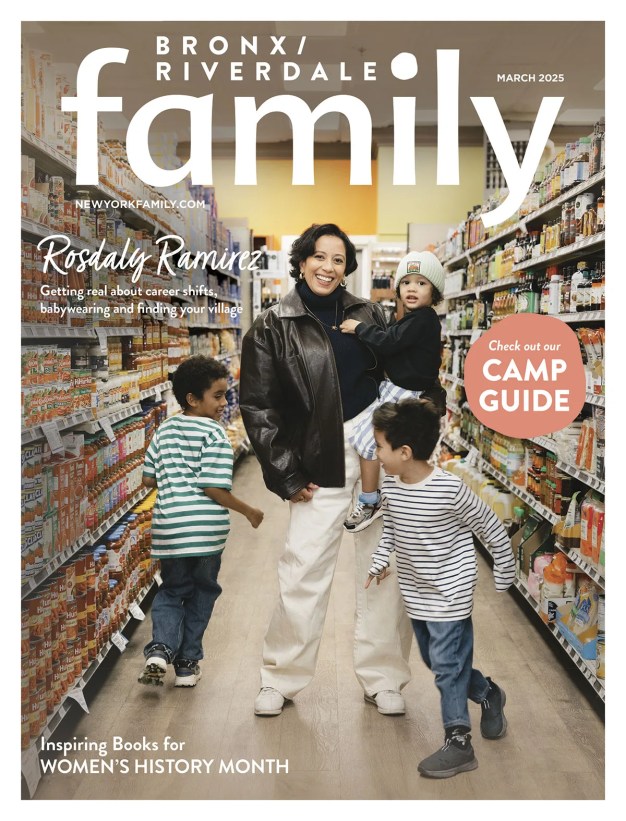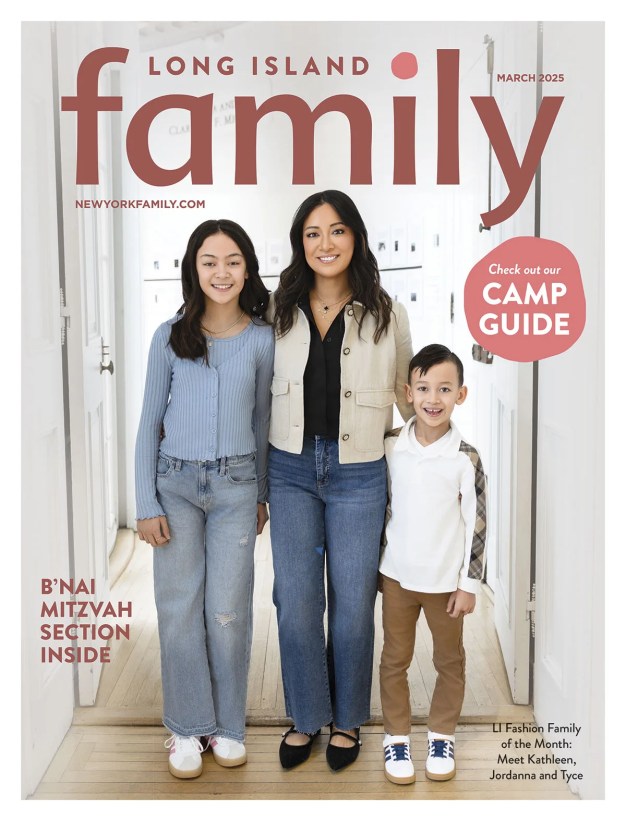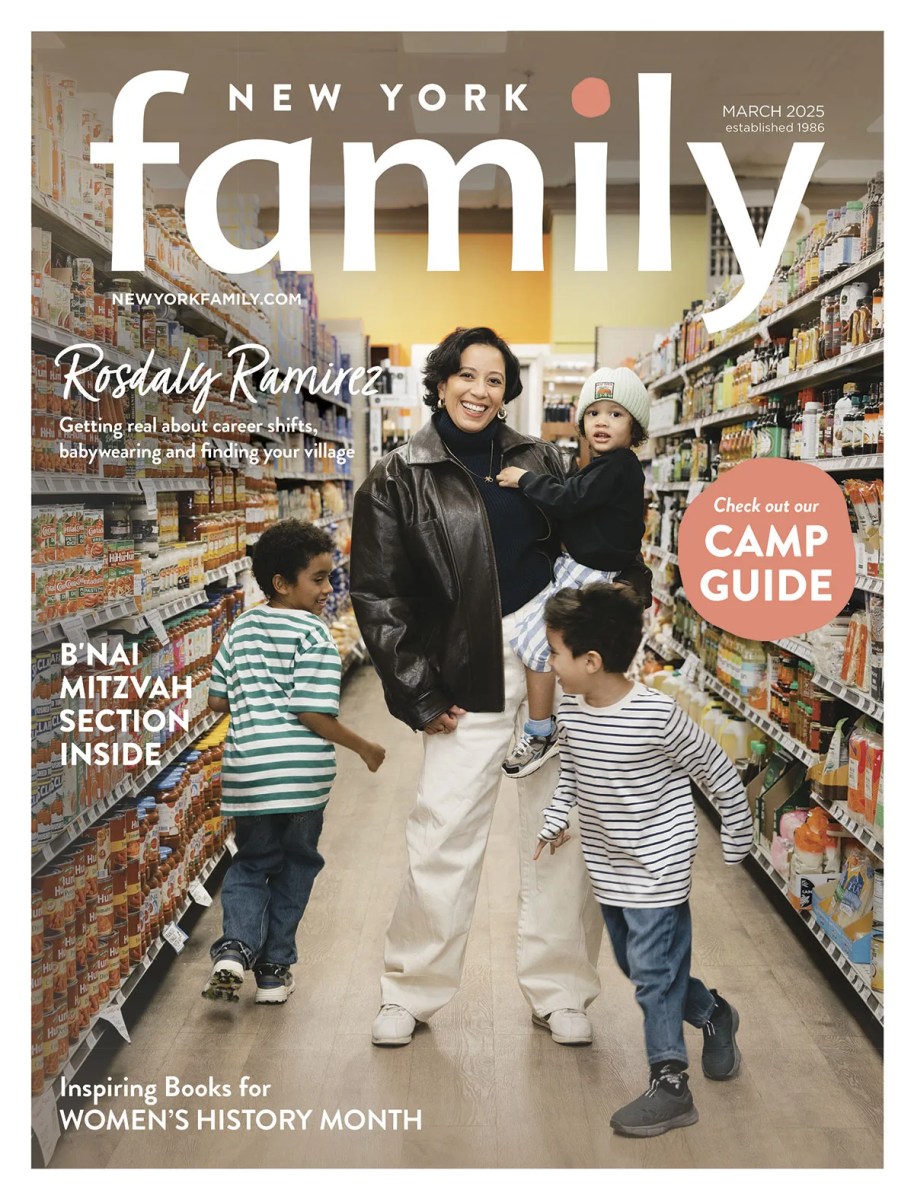 It was a gradual transition for sure, but my children, now ages 15 and 11, have actually starting making murmurs of assent (as opposed to moans of agony) when that moment comes on Sunday nights when I insist on us watching “60 Minutes” while we’re having dinner. Two Sundays ago there was a riveting segment on how heroin use has become widespread among teens in affluent suburbs. Watching it with a young teen (and a tween who thinks he’s a teen at times), I was so spooked by the stories of addiction and suffering and loss that, when it ended, I immediately turned off the TV and prompted a chat.
It was a gradual transition for sure, but my children, now ages 15 and 11, have actually starting making murmurs of assent (as opposed to moans of agony) when that moment comes on Sunday nights when I insist on us watching “60 Minutes” while we’re having dinner. Two Sundays ago there was a riveting segment on how heroin use has become widespread among teens in affluent suburbs. Watching it with a young teen (and a tween who thinks he’s a teen at times), I was so spooked by the stories of addiction and suffering and loss that, when it ended, I immediately turned off the TV and prompted a chat.
Before I go on, I also want to mention that the “60 Minutes” episode is also the subject of a media controversy. A respected journalist and author, Sam Quinones, has complained that the segment was a rip-off of story ideas he had pitched them and that they rejected. The author of Dreamland: The True Tale of America’s Opiate Epidemic, Quinoes’ blog post about his experience has since gone viral (at least among my media friends on Facebook).
I asked my kids what they thought of the segment. They didn’t say much. But I was feeling vulnerable and parental, so I offered some of my own thoughts: That kids often start from a place of sampling; that they feel fine so they think they’re going to be fine; that it’s hard to know what an addiction is really like until you’re addicted. But I suspect the episode impressed them more than my commentary.
Still, my wife and I appreciate that Elena, my oldest, seems to value chatting with us about drugs and drinking and parties. We assume there’s some editing going on for parental consumption and teenage privacy, but, thankfully, we talk. We even talk strategies and tactics and awareness: If you don’t want try something but you’re drunken friend is insistent, what do you say? How do you really know where the marijuana came from if a stranger vouches for it? And my wife’s favorite: If you want to try a drink, pour your own–but keep in mind that one of the problems with teens and drinking is that they don’t know their limits.
We’re used to raising kids with the help of limits and rules and good ideas. It’s weird to transition to a role in which we need to insist less and respectfully suggest more—and really try to listen. I hope you’ll make time to watch the “60 Minutes” segment. It suggests that common medical practice is a big part of the problem, because we’re getting kids hooked on opiates, which are a gateway to heroin. And then there’s the mom, a former nurse, who plainly explained, as a parent medical professional only could, why addicts need help, not jail terms.
Eric Messinger is the editor of New York Family. He can be reached at emessinger@manhattanmedia.com
